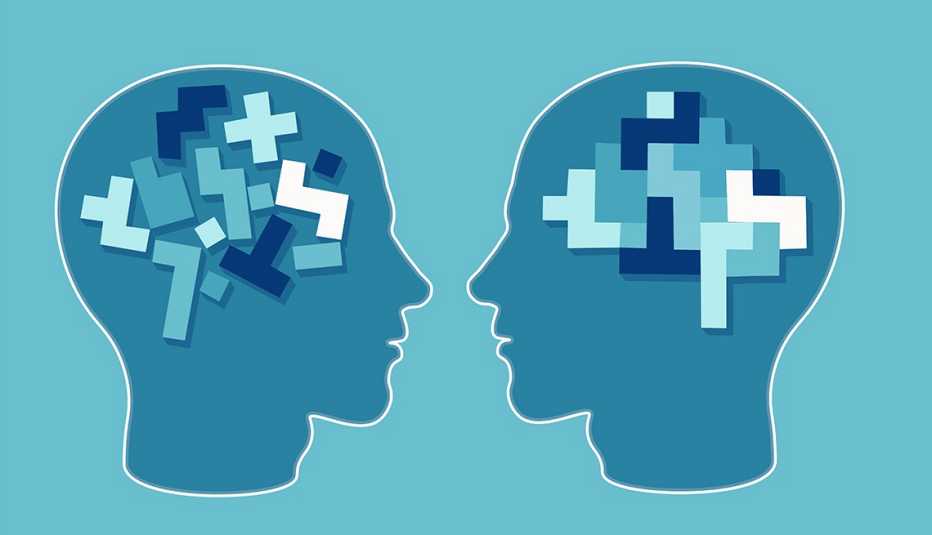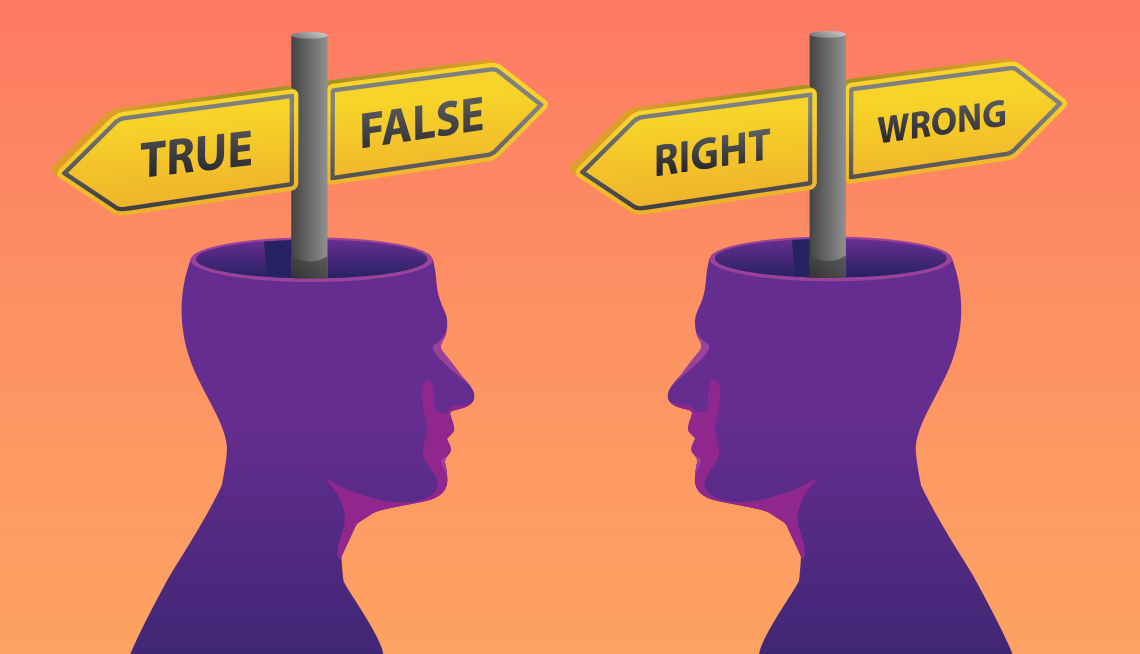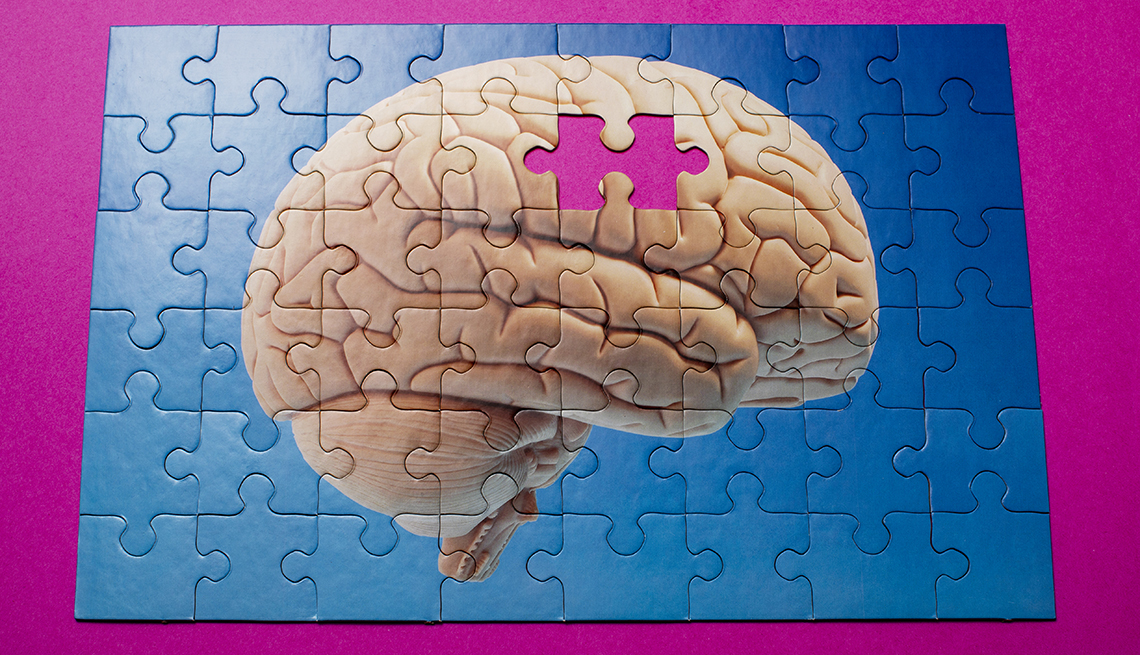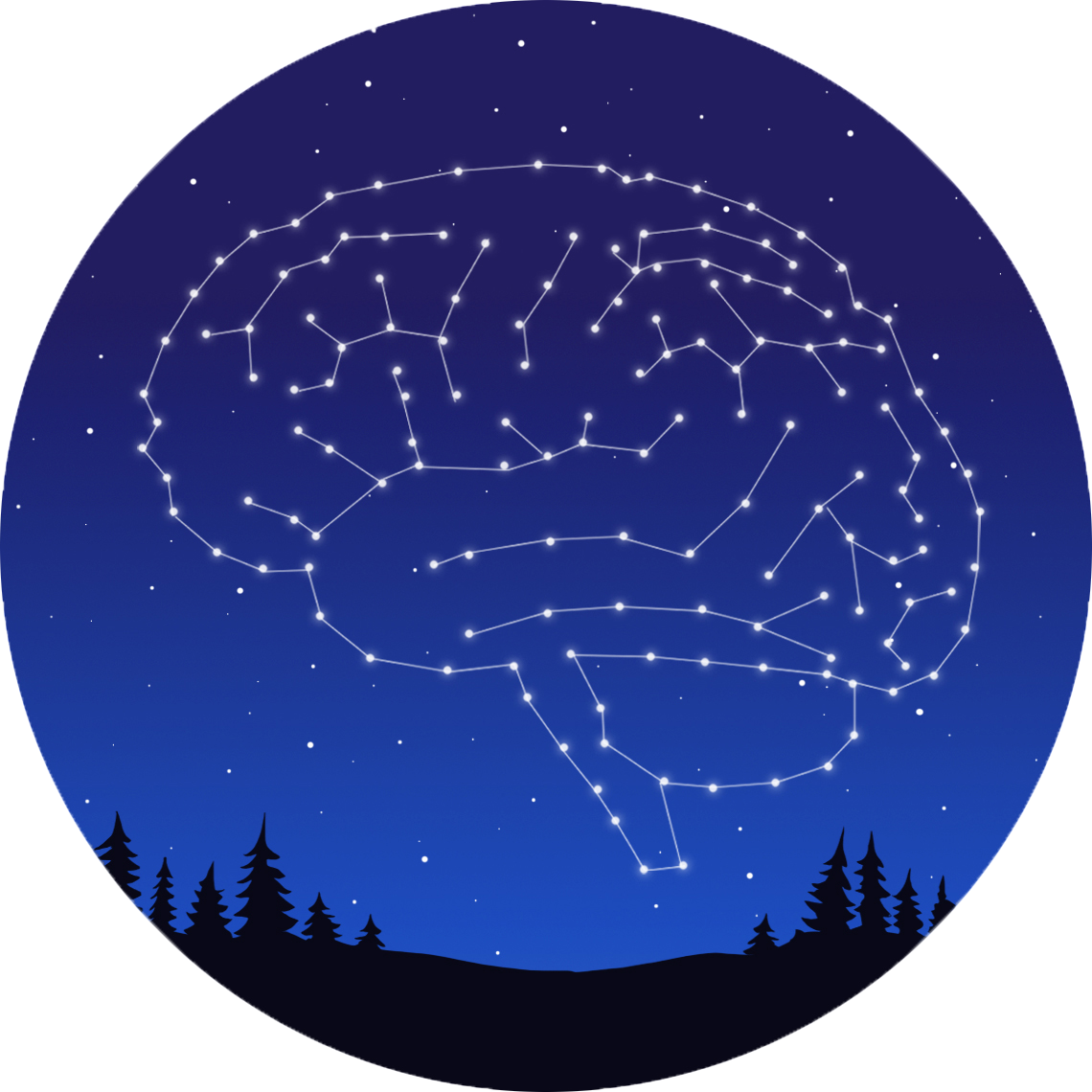Staying Fit


Dementia develops over time as brain cells die, although scientists can’t point to one single cause for this. Many factors appear to be at work.
In Alzheimer’s disease, the most common disease that leads to dementia, naturally occurring proteins, called beta-amyloid and tau, build up in the brain. They clump together to form plaques and tangles that disrupt cell function. Neurons, or nerve cells, lose their connections with each other, unable to send messages to other regions of the brain. But there’s more going on.


AARP Membership— $12 for your first year when you sign up for Automatic Renewal
Get instant access to members-only products and hundreds of discounts, a free second membership, and a subscription to AARP the Magazine.
“We have known for more than 25 years that it takes more than just an elevated level of amyloid protein in the brain to cause Alzheimer’s disease. Brain inflammation must also be present,” says Andrew Budson, M.D., chief of Cognitive & Behavioral Neurology, VA Boston Healthcare System. Scientists are also studying other possible factors, including the death of microglia, cells in the brain involved in the immune response.
There are many factors that can influence a person’s risk of developing dementia. Some you can’t change — age, sex, family history. Others, including lifestyle behaviors, you can do something about. Here are some of the major risk factors associated with Alzheimer’s and other types of dementia:
Age, sex and family history
Age. The older you are, the higher the risk for Alzheimer’s, especially after age 65. About 5 percent of people 65 to 74 have the disease. Slightly more than 13 percent of people 75 to 84 do, and a third of people 85 and older have Alzheimer’s disease, according to the Alzheimer’s Association. It’s important to remember that although age raises the risk, Alzheimer’s and other forms of dementia are not a normal part of getting older.
Sex. Two-thirds of U.S. adults who have Alzheimer’s disease are women. Part of the reason is that women live longer than men, which leaves them more years to develop the disease. But women’s longevity doesn’t explain all of the disparity. Budson suggests that women’s stronger immune systems may work harder to fight infection, which may lead to more amyloid plaque buildup. Menopausal changes and genetics may be at play as well.


















































































More From AARP
The Six Pillars of Brain Health
Visit AARP® Staying Sharp® to learn more about the six pillars of brain health
How Is Dementia Diagnosed?
If you have concerns, don't put off the examWhat Is Dementia?
It’s an umbrella term for a loss of memory and thinking skills that has various causes, symptoms and treatmentsRecommended for You